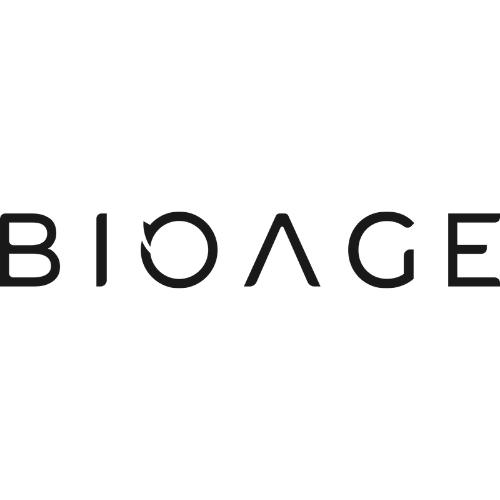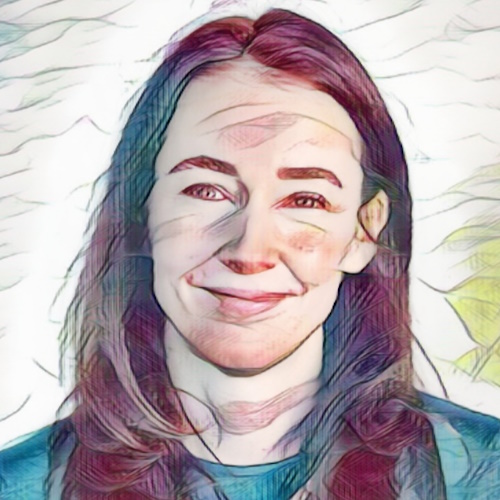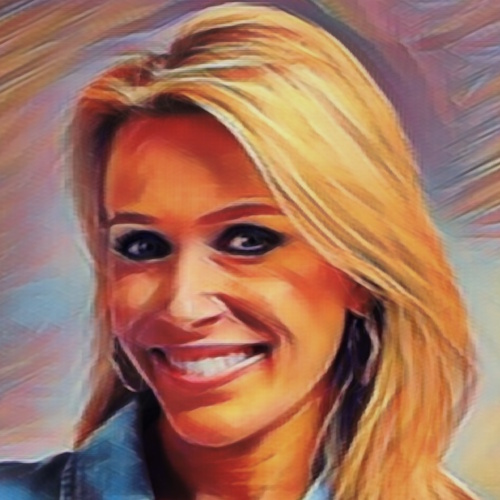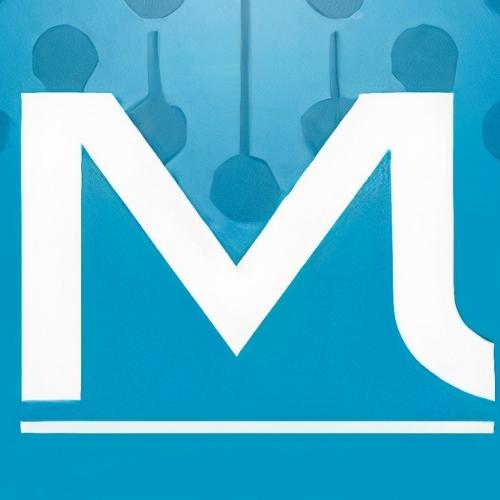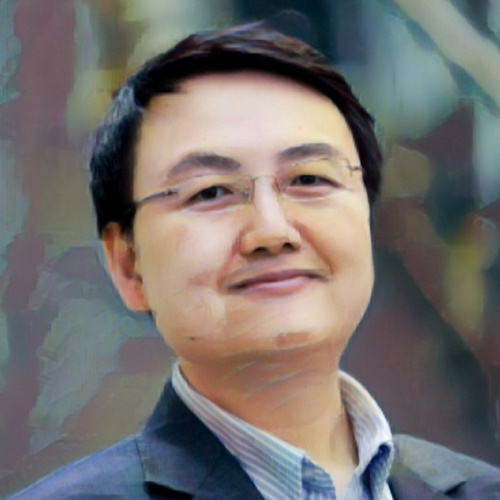Hacking your health
BBC Click meets biohackers and companies who believe it will be possible to live on to well beyond 100
Life extension gets more coverage by the BBC Click team.
This 24 minute episode is broken into 4 main sections:
- biological age
- biohacking
- super-agers
- age related illnesses
Biological age
Spencer Kelly tries out a couple of biological age tests.
His biological age is 47 (though, sorry Spencer, possibly looks a bit older!)
His epigenetic age (using a Muhdo test) came out at 44.1
The test splits ages into eye, hearing, memory ages based on 850,000 biological markers (I assume these are methylation sites).
Interviews its CEO, James Brown, who believes biological immortality is a possibility within his lifetime.
Also interviewed Dr Richard Siow, Director of Ageing Research at Kings College London, who prefers the term "biological score" - i.e. a relative measure rather than an absolute.
Spencer also interviewed Nikolina Lauc, founder of Glycanage who explained how his biological age could be such a super-low 20.
Biohacking
Tim Gray - Founder, Health Optimisation Summit.
Tim is known as the “UK’s leading Biohacker” due to his detailed tracking of more than 35+ biomarkers per day
If a tracker shows heart stress will take an easy day.
Has two shelves full of supplements - with backups in the dishwasher?!
People should be "CEO of their own health"
Lifestyle includes:
- HBOT
- Meditates
- Blue blocking glasses + digital free at night
Super Agers
James Clayton interviews Prof Joel Kramer from University of California, San Francisco
His study shows the increase in healthspan has not kept up with increase in lifespan.
No supplements have proven effects yet.
He thinks good longevity genes are the key.
Also meets Kristen Fortney - co-founder of BioAge Labs, who is trying to find out what is different, at the molecular level, of super agers.
Final interview with Leonard Guarent, Chief scientist at Elysium Health. Their produces are aimed at slowing down brain ageing with a high-dose combination of B vitamins.
Age related illnesses
Lara Lewington looks at a remote care solution provided by Anthropos which includes sensors to track movement, kettle, fridge, etc - all linked to a care team and family contacts. The balance between care and privacy can be challenging.
Also Biodose Connect that tracks pill taking.
Jen Copestake looks at brain analysis for dementia at Kings College London Hospital.
Dr Andrews Owens, from King's College London, explains how gait analysis trackers can spot cognitive decline by changes in walking patterns.
Finally, the looks at a new app, Cognetivity, that assesses dementia using "rapid visual categorisation" - that is, rapidly flashed images of animals or non-animals. This get round a limitation of current paper tests which can be learnt.
Dr Thomas Sawyer, its COO, explains that it speeds up the diagnosis process so catches symptoms earlier.
Visit website: https://www.bbc.co.uk/iplayer/episode/m000w6z1/click-hacking-your-health
See alsoDetails last updated 17-May-2021
Mentioned in this Resource
Anthropos
Intelligent remote monitoring of older people providing reassurance about their wellbeing.
Health Optimisation Summit 2022

28-May-2022 to 29-May-2022
Event about health optimisation organized by London Health Optimisation Biohacker Social Circle
Joel Kramer
Professor of Neuropsychology in Neurology and the Director of the Memory and Aging Center Neuropsychology at UCSF.

